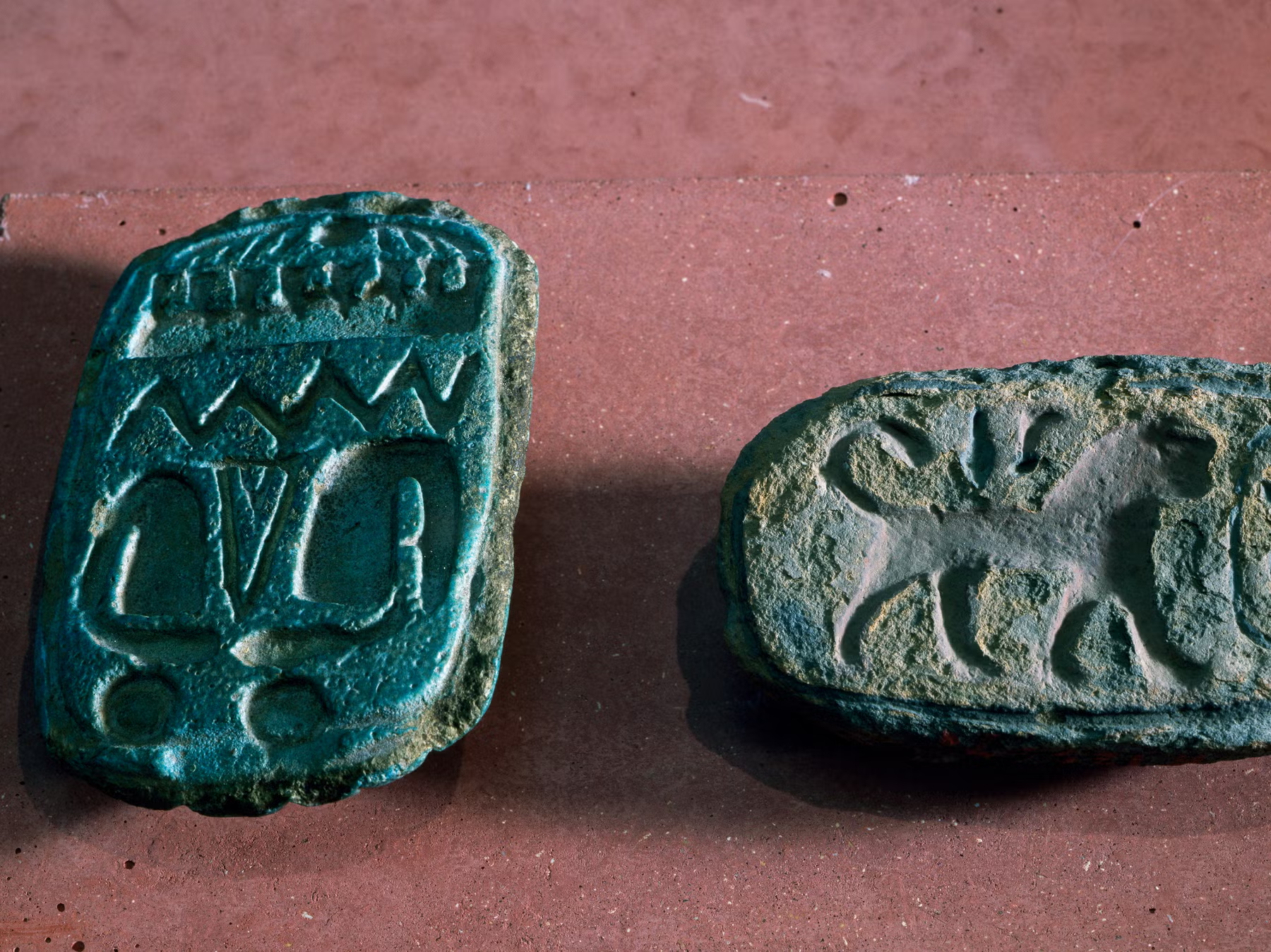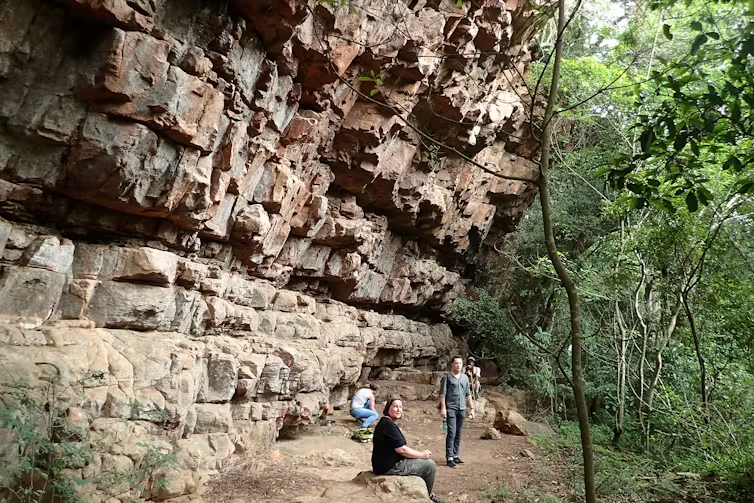Hermes, with his winged sandals and clever demeanor, is a deity who has played multiple roles in Greek mythology. While he was known to the Romans as Mercury, the Greeks revered him not just as the messenger of the gods but also as the god of boundaries, travel, commerce, and more. Delving into the intricate tapestry of Hermes' mythological stories, we uncover the multifaceted nature of this deity.
The Venerable History of Hermes
Originating from ancient Greece, Hermes' influence spread wide and far, being equated with several gods across time and cultures. While Mercury is his Roman counterpart, the Greeks have tales going back to 1300 BC mentioning him, as attested in Mycenaean Linear B script. What's more intriguing is the dedication he commanded, with vast numbers of temples established in his honor, surpassing even other renowned gods.
The Tapestry of Myths Surrounding Hermes
In the fertile lands of Arcadia lies a tale of Lycaen, an ancestor of the Arcadians, transformed into a wolf by Zeus and revered as the founder of Arcadia. This land holds special importance to Hermes, with its lush forests and mystical aura. Interestingly, even as ancient cities faced their downfall, the worship of gods like Hermes persevered, albeit evolving in nature and mythological status. The Pleiades star cluster, associated with seasonal transitions, and Atlas, the titan bearing the heavens and the earth, intertwine with Hermes' stories, emphasizing his cosmic significance.
But perhaps the most intriguing tales surrounding Hermes involve his penchant for trickery and thievery and his associations with animals. He's often portrayed as a sly thief, yet his mischiefs often have larger purposes. Whether stealing cattle at sunset or rescuing cities from plagues, Hermes moves through myths with purpose and dexterity. His associations with lions, a symbol of Mycenaean power, and other animals like wolves and bears further highlight his multifaceted nature.
The Link with Humans and Their Lives
Hermes wasn't just a distant god weaving tales in the heavens. His association with daily life was profound. He represented everything from combat sports like wrestling and boxing to being a patron god, bringing blessings to mankind. The intricate myths around Hermes highlight his role in various aspects of life, from the mundane to the ethereal. In some tales, he guides and aids renowned figures like Odysseus in their journeys, showcasing his deep involvement in human destinies.
Moreover, his role as the god of pathways, bonds, and boundaries is a testament to his intrinsic nature of connecting various facets of existence. As the herald between man and gods, Hermes stands as a conduit, ensuring a flow of messages, blessings, and sometimes retribution.
Confluence with Other Deities
Hermes’ vast repertoire of tales doesn't exist in isolation. Throughout mythologies, he's been equated with or associated with other gods and figures, reflecting commonalities across cultures and beliefs. The confluence with Pan, an entity sharing many of Hermes' attributes, and connections with Indo-Iranian gods like Pushan provide fascinating insights into the shared human psyche and the universality of certain symbols and deities.
The Everlasting Allure of Hermes
Hermes' allure isn't just due to his varied roles or his intricate tales. It is his very nature that resonates deeply with human instincts and desires. As a god who bridges gaps, who defies boundaries, and who moves fluidly between realms, he mirrors our innate desire to explore, understand, and transcend. Whether he’s guiding souls, delivering messages from the divine, or playing tricks that bear larger meanings, Hermes remains an eternal symbol of the multifaceted nature of existence and the myriad paths that life offers.
In essence, the tales and myths surrounding Hermes are not just stories from a bygone era. They are reflective mirrors, providing insights into human nature, our desires, fears, and aspirations. And as we delve into these tales, we not only uncover the rich tapestry of Greek mythology but also find fragments of ourselves, our societies, and our shared human journey.





